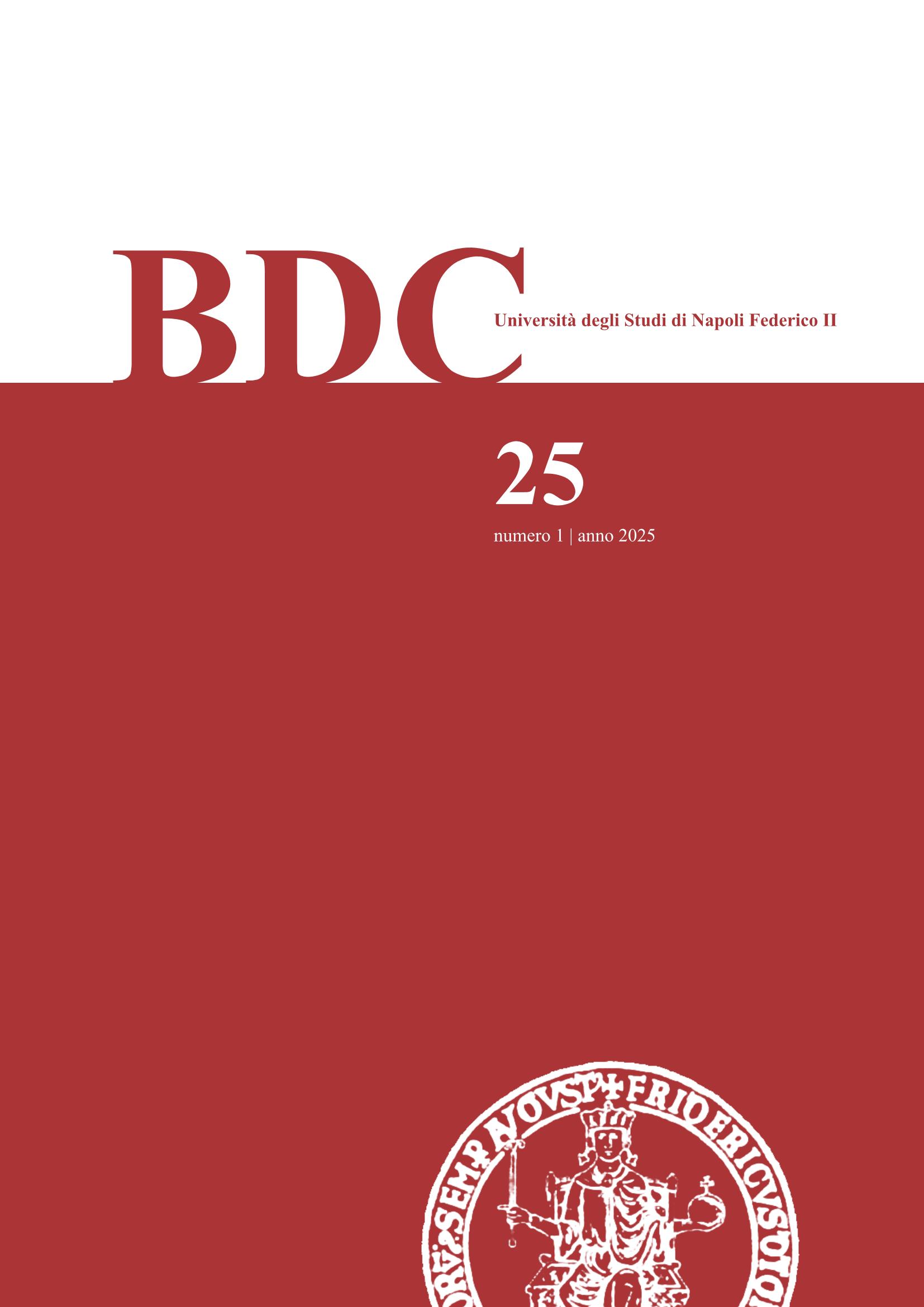Cultural heritage as a regenerative resource in transitional territories. Exploring the cultural landscape of Campi Flegrei
DOI:
https://doi.org/10.6093/2284-4732/12650Abstract
This paper explores the regenerative potential of cultural heritage in transitional territories, particularly in peri-urban contexts undergoing significant social and environmental transformations. In an era marked by multiple stress factors impacting cities worldwide and accelerating climate change, cultural heritage can serve as a regenerative resource capable of initiating new cycles of life and use. The issue is intrinsically complex due to the delicate balance between the apparent immobility of cultural heritage and its preservation, contrasted with the rapidly evolving dynamics of contemporary cities and territories in transition. The study explores the evolving meaning of cultural heritage, moving from traditional conservation policies to practices integrating preservation with socio-spatial regeneration. The research focuses on Campi Flegrei, in the Metropolitan City of Naples, as a case study. This transitional landscape features a rich yet often latent assemblage of historical and ecological resources, intersecting with both past and contemporary urbanization processes, environmental fragility, and volcanic risk. The research seeks to explore how a multifaceted cultural landscape can be identified, interpreted and strategically managed to stimulate broader sustainable territorial regeneration.
Keywords: cultural heritage, cultural landscape, transitional territories, peri-urban areas, socio-spatial regeneration
Downloads
Downloads
Published
How to Cite
Issue
Section
License
Copyright (c) 2025 Bulletin of the Calza Bini Center

This work is licensed under a Creative Commons Attribution 4.0 International License.

